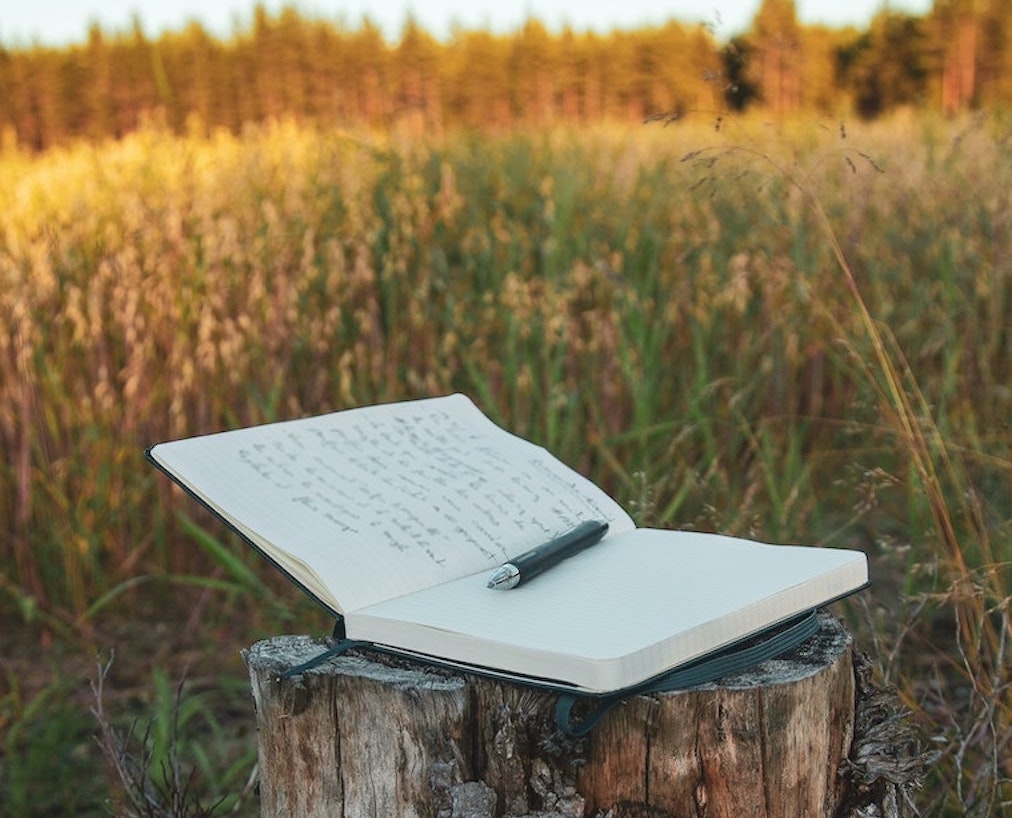Own Your Process

–
I can’t get enough of listening to seasoned (read published and famous) writers talk about writing. There’s an unspoken hope that one of them will share the secret sauce to being published and becoming famous (or rich — think J. K. Rowlings). This must be a thing. Otherwise, there wouldn’t be such a market for their advice via books, conferences, and master classes. After watching a Master class with Roxane Gay, I started evaluating my writing process. Gay talked a lot about “young writers,” and I began to question whether I was included in her definition of a young writer.
While biologically I am almost ten years older than Gay, my writing career — if you can call it that — is younger. By that definition, I am indeed a “young writer.” But then Gay also made a powerful statement. She said something along the lines of you already have your own process. That really struck me. I have my own writing process. It’s not elaborate, but it works for me, and most importantly, it’s mine. It’s what I need as a writer to do the hard work of writing.
I don’t mean to be presumptuous to offer my process as a way to say do what I do, but more as something to stimulate thinking about your own process. We don’t even realize how much of the stuff we ‘just do’ is our process. A great example of that for me is journaling. I have been journaling since I was twelve years old. I started after reading the Diary of Anne Frank. I had just started to connect my love of reading and the desire to be a writer. I didn’t think of it as real writing — it mostly centered around complaints about my parents and my latest crush. There was no connection in my mind between my diary and the short stories I had begun to write.
Twenty years later, after reading Natalie Goldberg’s Writing Down the Bones, I stopped calling it my diary and what I did became journaling. I understood the power of capturing those ‘first thoughts.’ I suddenly had unobstructed access to my own mind. I began intentionally using my journaling or free writing to start the flow of words – or prime the pump as I tell my students and book development clients. Free writing gives my mind permission to let loose without any parameters. Then when I’m done, I can go back in and see if there’s anything salvageable or useful.
Somewhere along the way, I separated the idea of free writing and journaling. It may have happened when I picked up The Artist Way for the first time. I used my journal to process my thinking about the things going on in my life. Interestingly enough, there was also a lot of complaining or flat-out bitching though the subject changed to my spouse. It felt as if I had to separate them to make some deeper connection with my inner creativity.
As the years have gone on, they have melded together because there is less separation between my life as a writer and my life in general. If anything, the split comes from whether I am writing long hand or at my computer. When I write longhand, something in my brain relaxes and allows me to be free. Sometimes in those moments, I discover pure gold. The computer is a signal that we are working and need to produce. Consequently, I grab a notebook and journal whenever I find myself stuck at the computer.
All of this has been worked out over the last forty years that I’ve been writing. And it makes me realize that while I haven’t the fame nor publication log of Roxane Gay, I am definitely not a young writer. Over the years, I have come back to the page, again and again, practicing to find out what works for me.
My guess is that if you are reading this, you already have a process too. It isn’t about us becoming more like Julia Cameron and writing those morning pages at a time that she subscribes. It’s about paying attention to your own rhythm.